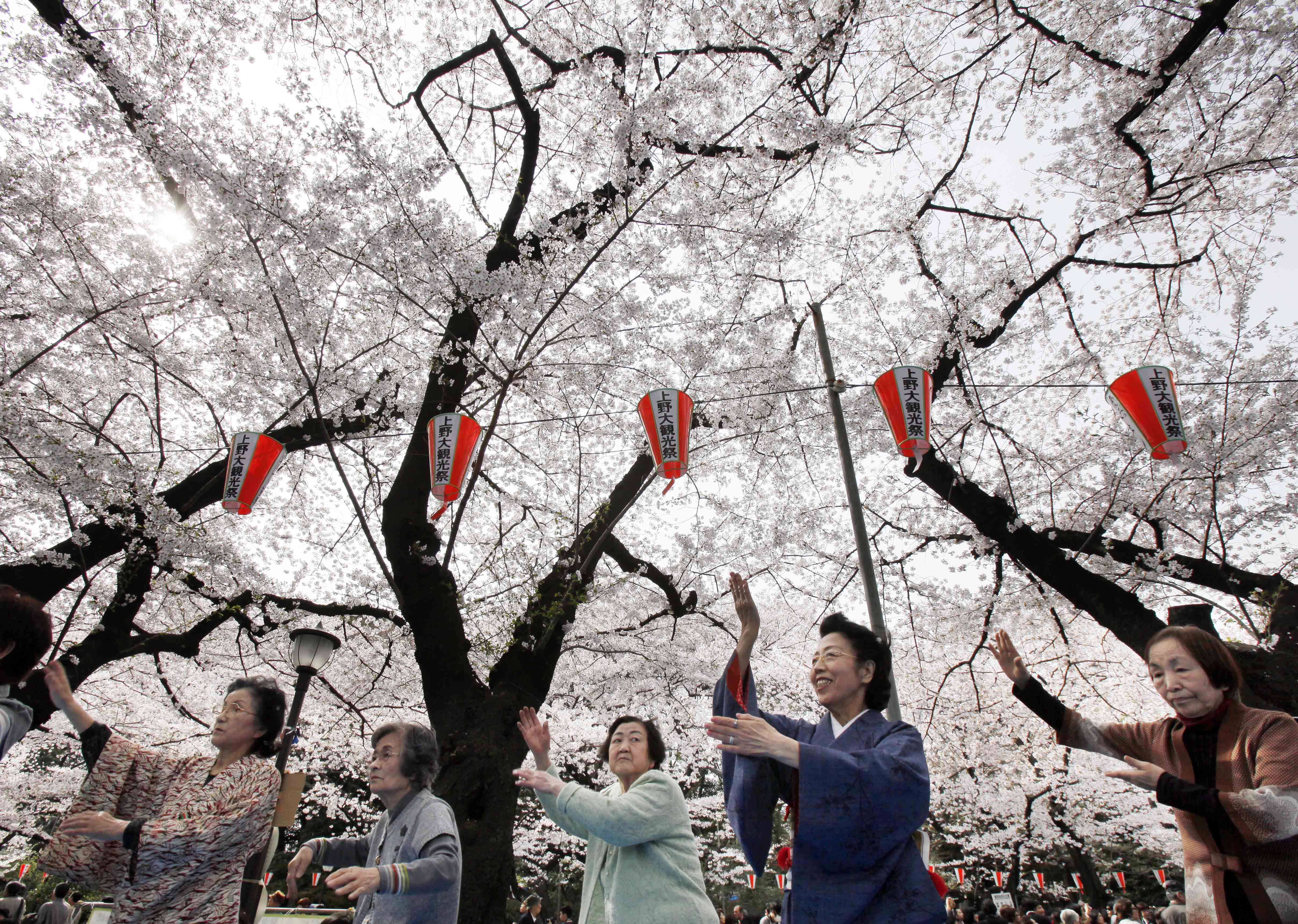How long should we live? As long as we can? Japan boasts the world's longest life expectancy — 83 years, 20 years longer than 60 years ago. Longevity is like prosperity: It seems an unalloyed good but on closer examination turns out not to be. Prosperity's downsides include environmental degradation, stress and clinical depression. Longevity spawns dementia, infirmity, loneliness and a demographic imbalance favoring the very old at the expense of the young, with all the grim economic consequences that implies.
No social reformers talk seriously of limiting either prosperity or longevity. If they are good, more must be better. Their attendant problems are acknowledged but considered soluble. Clean technology will heal the environment. Wise legislation will generate saner working conditions. Medical advances will cure dementia.
Let's hope so. A health ministry survey records 54,397 Japanese centenarians this year, up from 50,376 in 2012 and 153 in 1963. Soon, living past 100 will be typical — 100 will be "the new 60." There are reputable scientists — led by British biogerontologist Aubrey de Grey — claiming that aging and death are not inevitable facts of life but curable diseases. If they're right, our grandchildren could be immortal.



















With your current subscription plan you can comment on stories. However, before writing your first comment, please create a display name in the Profile section of your subscriber account page.